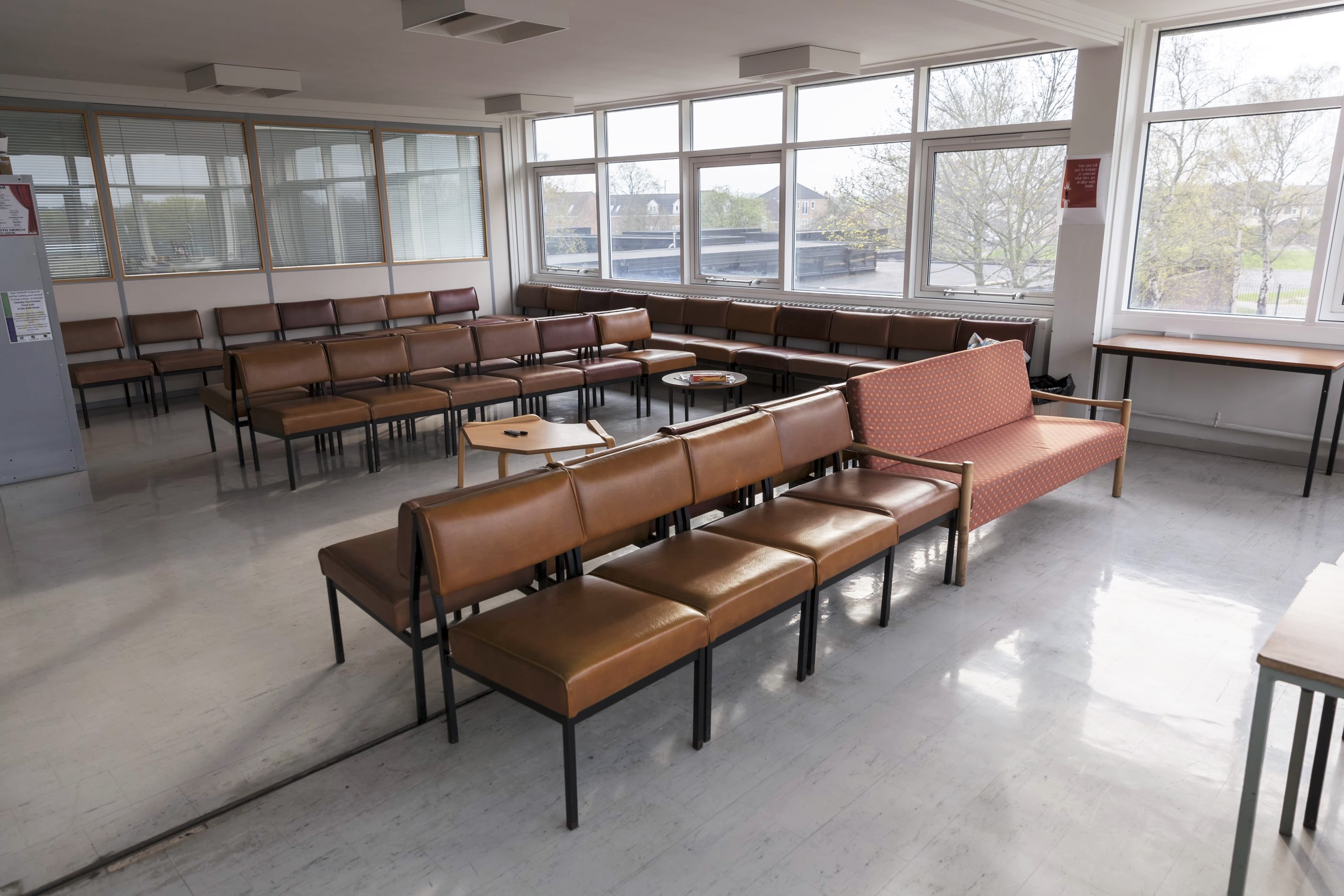NEU helps staff in England and Wales stay safe and negotiate with leadership
27 March 2020
The COVID 19 outbreak is a public health crisis quite different than anything Europe has faced for many years. As education personnel and their trade unions grapple with the outbreak, we are supporting and informing member organisations in any way we can.
- Long COVID-19: What challenges for education trade unions across Europe?
- ETUCE study on Education Trade Unions in Europe facing COVID-19 Omicron Variant
- Well-being of academics and researchers in the Netherlands: who did COVID-19 affect the most?
- Belgium: Education is essential! Truly?
- Education and Training Monitor 2021 sheds light on well-being during COVID-19
- Gender segregation in education: setback to achieving gender equality in EU
- Latvia: the impact of the pandemic on teachers is extremely worrying
- Education trade unions building capacity for renewal beyond COVID-19
- French study: the psychosocial impact of COVID-19 on researchers
- Romania: Success in the negotiations for a vaccination agreement
- UK Study found stress and anxiety of academics above national average during COVID-19 pandemic
- New OECD data outlines the effect of the COVID-19 pandemic on the teaching profession
- Transmission of COVID-19 in education: the scenario for the next school year
- New NEU information tool to encourage critical-thinking on COVID-19 vaccines
- Hungarian teachers’ opinion on the reopening of schools

Many countries in Europe are keeping schools and other education institutions open during the COVID-19 outbreak to provide childcare for vulnerable students and the children of critical workers. The UK authorities have chosen this approach, which means that some staff are being asked to go into work even though normal lessons are cancelled.
While education personnel are ready to play their part in managing the COVID-19 crisis, maintaining baseline services in schools must not lead to a further wave of infections. Continued health and safety vigilance will be needed to prevent contagion in school and at home.
The burden of this work should also be shared fairly, protecting the most vulnerable without pushing teachers to take on excessive work or come into school when not necessary. School leaders must listen to teachers and their trade unions, working together to develop clear and fair rules around these shifting tasks. Students with special educational needs will be affected by the COVID-19 outbreak in specific ways, and their schools will face additional challenges in maintaining even basic services during this time.
The NEU has issued guidelines and support documents to help members and local branches navigate these complex issues. These are anchored in their national context but raise relevant points for education personnel and trade unions across Europe.
- Keeping yourself safe: what you can do now (guidelines)
- An example letter to school leaders (document for workers and local reps)
- 10 points on special school closures (guidelines)
Earlier this week, the Joint General Secretary of NEU, Mary Bousted, said that NEU was “liaising with the Department for Education to ensure action is taken on all of these points. If we are to help the community, which we should, we need maximum protection from the Government. Our members are doing enormously brave work right now. As with NHS [National Health Service] workers, they are putting themselves at risk. Our ethical responsibility is to them.”
The ETUCE Secretariat sends solidarity to all teachers, academics and other education personnel and their education trade unions as they react to and tackle this unprecedented crisis. We invite ETUCE member organisations to inform the ETUCE Secretariat about the challenges you face, how you are responding, which good practices you have developed and can share with colleagues, as well as your needs for support from the ETUCE family. Contact ETUCE at This email address is being protected from spambots. You need JavaScript enabled to view it..